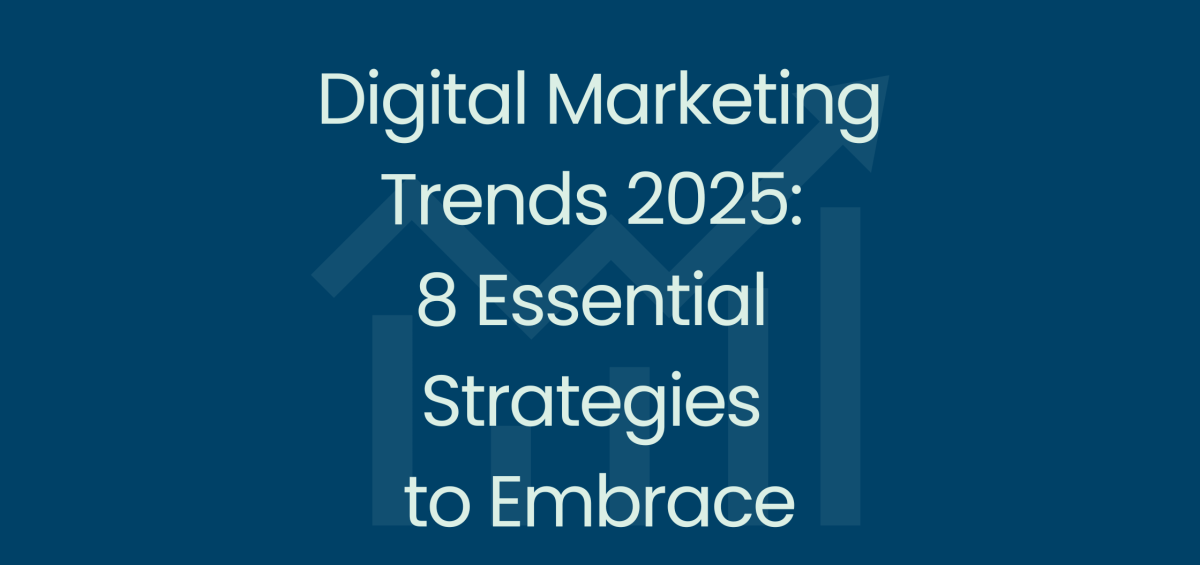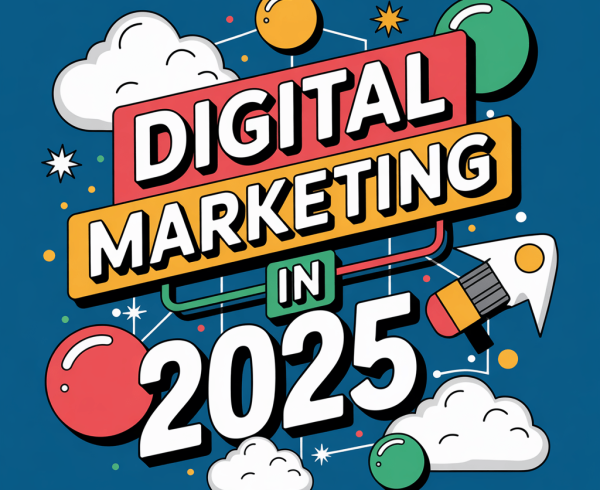Digital Marketing Trends 2025: 8 Transformative Strategies Shaping the Future
As we approach the 2nd quarter of 2025, the digital marketing landscape continues to evolve at an unprecedented pace. With emerging technologies, changing consumer behaviours, and new market dynamics, businesses must stay ahead of the curve to remain competitive.
Whether you’re a global brand or a local startup in Singapore, understanding these changes is crucial. This comprehensive guide explores the most significant digital marketing trends that will shape the industry in 2025, with insights highly relevant to those navigating Social Media Singapore and beyond.
The Rise of AI-Powered Personalization
One of the most striking developments in digital marketing is the widespread adoption of AI-driven personalization. According to recent research, 82% of consumers are more likely to purchase from brands that deliver personalized content. This trend is further supported by the fact that personalization leaders are consistently exceeding their revenue goals.
Organisations that excel in personalisation are soaring past their revenue goals because their customers buy more, more often, and remain loyal over time.
Generative AI: From Buzzword to Business Essential
By 2025, Generative AI will be deeply integrated into enterprise software solutions. The technology is expected to generate approximately $10 billion in revenue for enterprise software companies. Currently, a significant percentage of brands are actively investing in GenAI tools, recognizing their potential as a competitive advantage.
Key Applications of GenAI in Marketing:
- Content creation and optimization
- Personalized customer communications
- Automated campaign management
- Data analysis and insights generation
Omnichannel Experience Evolution
Creating seamless experiences across digital and physical channels remains crucial for success in 2025. Modern consumers expect consistent interactions whether they’re shopping online, in-store, or through mobile devices.
Essential Components of Omnichannel Strategy:
- Unified data systems integration
- IoT and mobile technology implementation
- Consistent cross-channel messaging
- Real-time personalisation capabilities
Privacy-First Marketing and First-Party Data
With stricter data privacy regulations and the phase-out of third-party cookies, businesses are pivoting towards first-party data strategies. This shift emphasizes the importance of building direct relationships with customers while maintaining trust and transparency.
CMOs must focus on creating value-driven data collection strategies while ensuring transparent communication about data practices.
Social Commerce Integration
Social media platforms are evolving beyond engagement tools to become powerful commerce engines. This integration of social media and e-commerce creates seamless shopping experiences where consumers spend most of their time.
Social Commerce Success Factors:
- Shoppable posts and in-app purchasing
- Strategic influencer partnerships
- Advanced social analytics implementation
- Mobile-first shopping experiences
Future-Ready Marketing Teams
As technology and marketing methods evolve, organizations must invest in upskilling their teams. This includes developing expertise in data analysis, digital tools, and AI applications. Companies that prioritize continuous learning and adaptation will maintain a competitive edge.
The Balance of Brand Purpose and Revenue Goals
Successful marketing strategies in 2025 will require a delicate balance between achieving immediate sales targets and building long-term brand equity. This dual focus ensures sustainable growth while maintaining short-term business objectives.
Conclusion
The digital marketing landscape of 2025 presents both challenges and opportunities. Success will depend on organizations’ ability to embrace new technologies, prioritize personalization, and maintain customer trust while delivering seamless experiences across all channels. By staying ahead of these trends and implementing strategic initiatives, businesses can position themselves for sustainable growth in an increasingly digital world.




